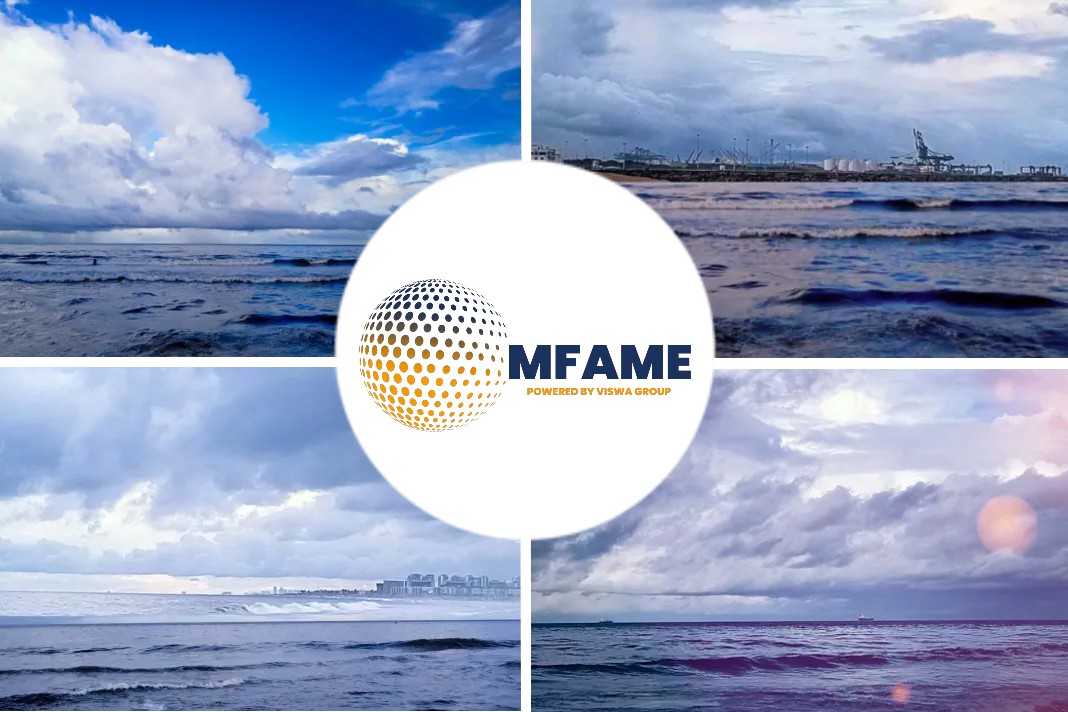In a major development, the EU has announced that they are making efforts to cut red tape for ship owners while maintaining its high standards for the monitoring of CO2 emissions from maritime transport, says a press release published in the European Council for the European Union website.
Aligning To the Global Data Collection System
Today, the ambassadors of EU member states agreed on their position on a proposal which updates existing EU rules, and partially aligns them with the global data collection system for ship fuel oil consumption of the International Maritime Organisation (IMO).
The maritime transport sector has to become more energy efficient and use less fuel to contribute to our climate goals. We want companies and the general public to know how much fuel each ship uses. This means we will be able to compare ships’ emissions and choose more energy efficient ones. This has environmental benefits. We are also looking to the future, as we are asking the Commission to review this regulation in light of further experience gained
-Krista Mikkonen, Minister of Environment and Climate of Finland
Will Reduce Administrative Burden of Shipping Companies?
As of 2019, ship owners are obliged to monitor and report under two systems: the EU MRV (monitoring, reporting, verification) regulation and the global IMO DCS (data collection system). The Council agrees that partly aligning the definitions, the monitoring parameters and the monitoring plans and templates of the MRV regulation contributes to reducing the administrative burden for shipping companies and national authorities and facilitates compliance with the reporting obligations under the two systems.
Compulsory Monitoring of Cargo
However, the Council believes that the monitoring and reporting of cargo carried should remain compulsory. This information contributes to a better understanding of the fuel efficiency of ships. The Commission had proposed to turn cargo carried into a voluntary reporting element.
Reviewing the Regulation
The Council also added a clause which asks the Commission to review the functioning of the regulation.
The agreement reached among the ambassadors of EU member states at today’s meeting of the Committee of Permanent Representatives means that the Council is ready to start negotiations with the European Parliament. The European Parliament has not yet reached a position on this proposal.
The full text of the Council position will be linked to this press release within a few days.
Background
Global shipping activity emits significant amounts of greenhouse gas emissions and contributes to climate change due to its consumption of fossil fuels. The emissions from international maritime transport are estimated to be around 2-3% of total global greenhouse gas emissions. This is more than the emissions of any EU state. If the shipping sector were a country, it would rank sixth in emissions in the world.
At EU level, CO2 emissions from maritime transport increased by 48% between 1990 and 2008. In 2015, maritime transport caused 13% of the overall EU greenhouse gas emissions from the transport sector.
In 2015, the Council and the European Parliament adopted the so-called MRV regulation, which for the first time set out rules for the monitoring, reporting and verification of CO2 emissions from maritime transport. Shipping companies have to report their annual CO2 emissions and other relevant information arising from their ships’ voyages to and from European Economic Area (EEA) ports, including CO2 emissions from these ships in ports. This concerns ships above 5000 gross tonnage – smaller ships are excluded from the rules. The monitoring of fuel consumption, CO2 emissions and energy efficiency started in 2018, and shipping companies had to submit their first emissions reports in 2019.
At global level, the International Maritime Organisation (IMO) created its legal framework for a global data collection system (DCS) for fuel oil consumption of ships in 2016. Under the IMO DCS, monitoring obligations start in 2019, and first reports need to be submitted in 2020. As a result, since January 2019 ships performing EEA-related maritime transport activities have to fulfil monitoring and reporting requirements under both the EU MRV Regulation and the global IMO DCS.
The main objective of this proposal is therefore to amend the EU MRV Regulation in order to take appropriate account of the new global IMO DCS, with a view to allow for streamlining and reducing administrative effort for companies and administrations as far as possible, while preserving the objectives of the EU MRV Regulation.
Further Information
For further information contact:
Katharina Pausch-Homblé
Press officer
+32 2 281 62 63
+32 470 88 42 96
Did you subscribe to our daily newsletter?
It’s Free! Click here to Subscribe!
Source: European Council of the European Union


















